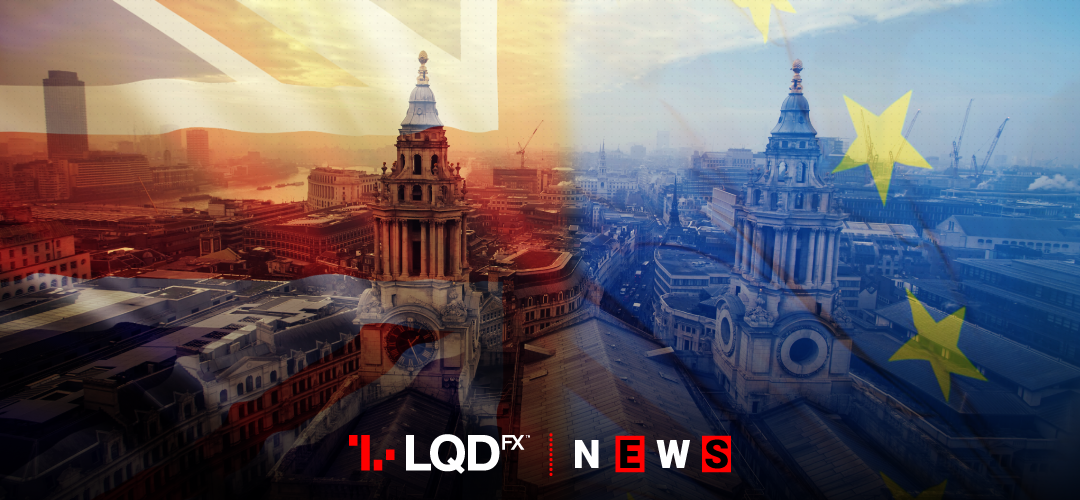Prime Minister Boris Johnson gets ready for the next challenge: getting the deal approved in UK parliament, where he has no majority.
Britain’s Prime Minister Boris Johnson and EU leaders agreed a new deal for Britain to exit the bloc. Yet Johnson, the face of the Brexit campaign in the 2016 referendum, must now ratify the deal in the British parliament. The next step for the members of parliament is to vote on the deal on Saturday. This is the first Saturday session since 1982. Britain’s scheduled departure date from the European Union is Oct. 31.
Johnson’s opponents are plotting maximum political damage ahead of an imminent election. The Democratic Unionist Party, the Northern Irish party that props up Johnson’s government, said it will not vote for the deal. The most decisive move on Friday would be a change in the DUP’s position, but that looked unlikely. Opposition Labour Party leader Jeremy Corbyn has also said he could not support the deal.
Sterling slips as on Friday morning investors await Brexit showdown. The pound retreated as investors have doubts the proposed deal will get through the British parliament in Saturday’s vote. Traders worry that initial relief at securing the long-awaited Brexit deal could be brief. The prime minister still needs to sell the agreement to skeptical lawmakers when parliament sits on Saturday.
The pound held at five-month highs of $1.2874 against the dollar, down from Thursday’s peak of $1.2988. It was little changed against the euro, at 86.28 pence. Implied overnight volatility on sterling rose to more than 18%, a new seven-month high.
START TRADINGForex – UK parliament approval: Brexit’s Next Challenge
Underscoring that the market is on alert for further wild swings in the pound. Options linked to volatility expiring within the next week have more than doubled in price since last Friday.
The dollar index against a basket of six major currencies was also last flat at 97.536.
The euro was hovering on Friday around the seven-week high it reached against the U.S. dollar on Thursday. Hopes that a Brexit deal could prevent an economic recession in the euro zone boosted the common currency. The euro was last trading flat at $1.1129, not far from $1.1140, its highest since Aug. 26.
Gold prices dipped on Friday as investors booked profit after the European Union forged a new Brexit deal with Britain. But losses were limited by weak economic data from the United States and China. Spot gold was down 0.2% at $1,489.02 an ounce at 1143 GMT. U.S. gold futures fell 0.4% to $1,492.50.
Oil prices rose slightly on Friday as concern over an economic slowdown in China, the world’s biggest oil consumer, was countered by bullish signals from both the Chinese and U.S. refining sectors. Brent crude oil futures rose 24 cents to $60.15 a barrel by 1149 GMT. WTI futures edged up by 58 cents to $54.51. Both contracts were on track for weekly declines of less than 1%.
PLEASE NOTE The information above is not investment advice.
Sources: Reuters, Investing, CNN money
